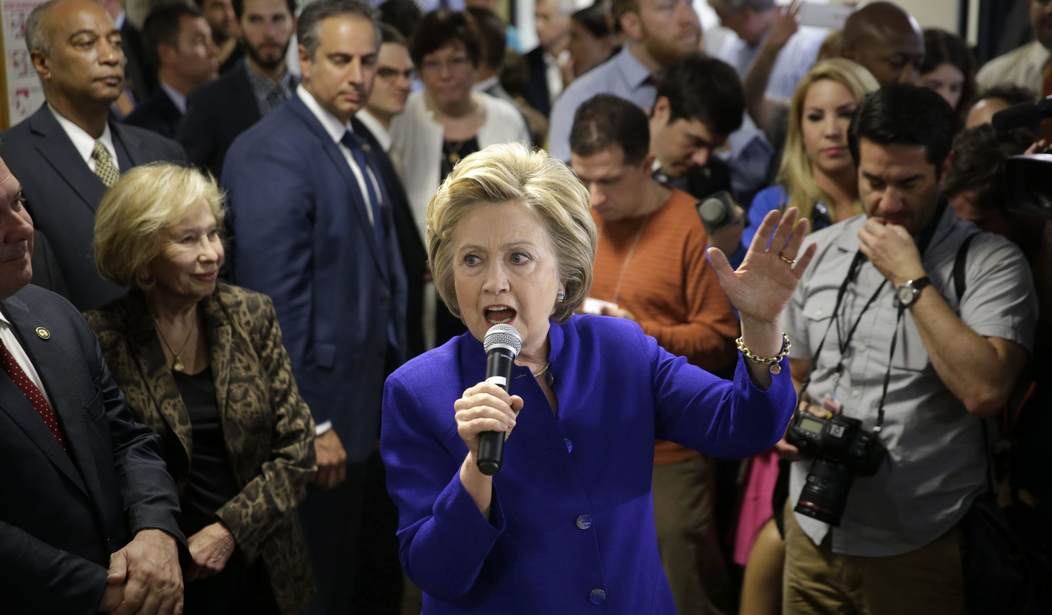ARLINGTON, Va. — The Pentagon said that the USS Mason in the Red Sea came under missile fire from Yemen again — the second such incident in the span of four days.
On Sunday, two Silkworm-variant missiles were fired from territory held by Houthi rebels within an hour, starting at 7 p.m. local time as the destroyer was conducting routine operations in international waters. The missiles fell in the water; no sailors were injured and the ship wasn’t damaged.
Defense Secretary Ashton Carter responded to the incident by vowing “to get to the bottom of what happened.”
“But I need to say that the United States forces there and everywhere around the world remain and always are very well prepared to defend themselves. We will find out the origins of this. We certainly don’t take anything like this lightly. No one should,” Carter told reporters Monday. “We’re determined to preserve freedom of navigation there and everywhere else.”
At about 6 p.m. local time today. the USS Mason, an Arleigh Burke-class destroyer, came under fire again.
Pentagon press secretary Peter Cook said in a statement that the ship “responded to an incoming missile threat while conducting routine operations in international waters off the Red Sea coast of Yemen.”
“The ship detected at least one missile that we assess originated from Houthi-controlled territory near Al Hudaydah, Yemen,” Cook said. “The ship employed defensive countermeasures, and the missile did not reach USS Mason. There was no damage to the ship or its crew.”
“USS Mason will continue its operations,” he added. “Those who threaten our forces should know that U.S. commanders retain the right to defend their ships, and we will respond to this threat at the appropriate time and in the appropriate manner.”
Last week, an Emirati swift boat containing humanitarian aid and a civilian crew came under fire from Houthis in the same area and sustained damage.
According to the U.S. Naval Institute, the USS Mason fired three missiles in the Sunday attack to defend itself and the nearby USS Ponce. A defense official said it was “unclear” whether the defensive measures “led to the missile striking the water or whether it would have struck the water anyway.”
Houthis have been upset at the United States for backing the Saudi-led coalition against the Iran-backed Shiite rebels. On Sunday there was a large protest in Sanaa after an airstrike hit a funeral hall, killing more than 140 people, according to United Nations casualty figures.
Houthi leader Abdul-Malek al-Houthi went on TV to declare that the U.S. weapons had been used and the Saudi strike had been approved by Washington. Houthi spokesman Mohammed Abdul-Salam vowed “those murderers will not escape divine justice.”
State Department press secretary John Kirby told reporters today that “it’s specifically because we have concerns about the manner in which some of these operations have been conducted that we are going through this review” of current assistance to the Saudis.
“…One of the things that we’re going to do as we look through that review is examine that exact question — the degree to which the aid and assistance actually helps try to minimize collateral damage and civilian casualties.”
On the latest attack on the USS Mason, Kirby repeated what the State Department said after the first attack: “We’re going to continue to encourage — urge all parties, and we’re going to do this by and through the UN special envoy, to cease hostilities, stop the violence, reduce the tensions, and return to political talks.”
White House press secretary Josh Earnest said the assistance the U.S. currently provides is “primarily logistical support — we do share some intelligence with them, but the United States does not do targeting for them.”
“We were deeply concerned about this incident that claimed so many innocent lives and we have routinely encouraged people on all sides of that conflict to be mindful of the potential consequences for civilians who were in harm’s way,” Earnest said. “And you know, the United States, when we’re undertaking military operations, go to great lengths to avoid civilian casualties and we want our allies and partners to do the same thing.”









Join the conversation as a VIP Member